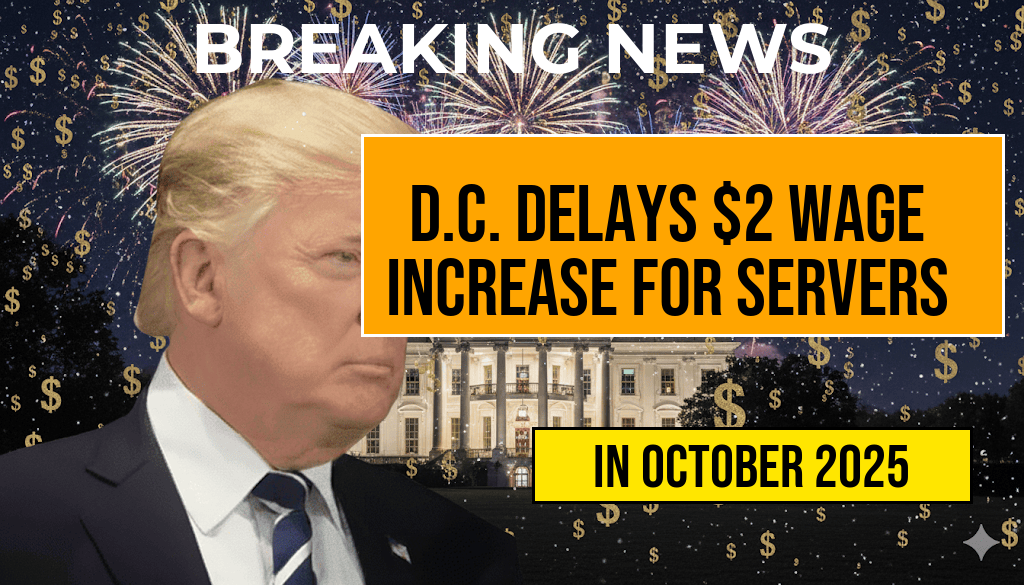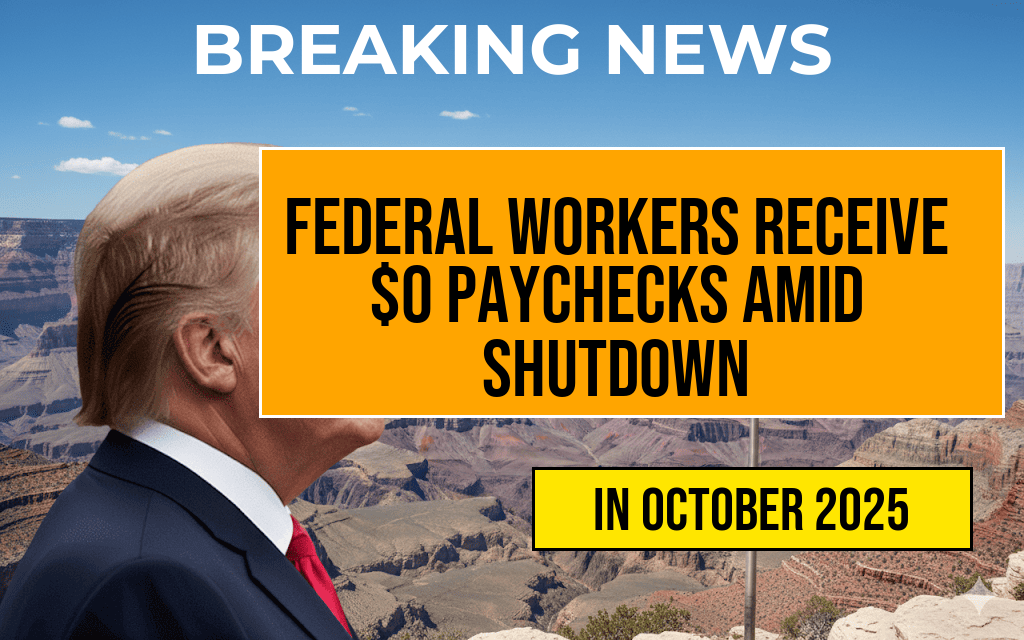The District of Columbia’s recent decision to delay the implementation of a proposed $2 increase in the tipped wage has raised concerns among service industry workers who stand to lose significant annual earnings. Originally scheduled for a phased rollout starting in 2024, the increase would have lifted the minimum wage for tipped employees from $5.35 to $7.35 per hour. As a result of the postponement, many servers and bartenders could face a potential annual loss of $4,160, based on average hours worked. Advocates argue that the delay not only jeopardizes the financial stability of workers but also undermines efforts to ensure fair wages in a city known for its high cost of living.
Details of the Tipped Wage Proposal
The proposed increase was part of a broader initiative aimed at addressing wage disparities across various sectors in D.C. The measure was designed to help tipped employees, who often rely heavily on gratuities, achieve a more sustainable income level. The city council had earmarked the wage hike as a critical step toward ensuring that all workers receive fair compensation, especially amid rising living costs.
Impact on Service Workers
For many servers and bartenders, the delay translates into a substantial financial setback. According to a report from the D.C. Fiscal Policy Institute, the average tipped worker in the city could lose approximately $4,160 annually due to the stalled increase. This figure is based on an estimated 40-hour workweek for 52 weeks, assuming that tips remain stable.
Workers are voicing their frustrations, with many stating that the delay exacerbates existing financial challenges. “Every dollar counts, especially in a city where rent and basic living expenses are so high,” said Maria Torres, a server at a popular D.C. restaurant. “We were counting on this increase to help us get by.”
Reasons for the Delay
The D.C. Council’s decision to postpone the wage increase stems from a combination of economic factors and political considerations. Officials cited concerns about the potential impact on small businesses, many of which are still recovering from the economic fallout of the COVID-19 pandemic. Some council members expressed hesitation about implementing wage hikes that could lead to increased costs for employers.
- Concerns over small business sustainability
- Economic recovery post-COVID-19
- Potential for increased costs passed to consumers
Responses from Stakeholders
The delay has sparked a backlash from advocacy groups and labor unions who argue that the increase is necessary for the well-being of workers. Organizations like the D.C. Employment Justice Center have been vocal in their criticism, emphasizing the need for immediate action to support those in the service industry.
“Delaying the wage increase is a disservice to the hard-working individuals who keep our restaurants and bars running,” said a spokesperson for the center. “These workers deserve fair pay without further delay.”
Looking Ahead
The council plans to revisit the proposed wage increase in the coming months, but uncertainty remains regarding the timeline and potential amendments to the plan. As discussions continue, many service workers are left in limbo, hoping for a resolution that prioritizes their financial security.
Understanding Tipped Wage Policies
Many cities and states across the U.S. have faced similar debates regarding tipped wages. Some regions have moved to eliminate the tipped wage altogether, opting for a standardized minimum wage for all workers. Supporters of this approach argue that it simplifies wage structures and ensures that all employees receive a living wage regardless of tips.
| City | Tipped Wage | Standard Minimum Wage |
|---|---|---|
| Washington, D.C. | $5.35 | $16.10 |
| New York City | $5.00 | $15.00 |
| San Francisco | $15.59 | $16.32 |
As the D.C. Council navigates this complex issue, the future of tipped wages remains uncertain. Service workers continue to advocate for their rights, emphasizing the importance of fair compensation in a city where the cost of living continues to rise. For more information on the tipped wage proposal and ongoing developments, visit Forbes or the Wikipedia page on minimum wage.
Frequently Asked Questions
What is the proposed tipped-wage increase in D.C.?
The proposed tipped-wage increase in D.C. aims to raise the minimum wage for tipped workers, such as servers, from the current level to a higher standard over a set period.
How much could servers potentially lose annually due to the delay?
Servers could potentially lose about $4,160 annually compared to the original plan that was set to implement the tipped-wage increase.
What factors led to the delay of the tipped-wage increase?
The delay of the tipped-wage increase was influenced by various factors, including economic considerations and discussions among stakeholders regarding the impact on the restaurant industry.
When was the tipped-wage increase originally scheduled to take effect?
The tipped-wage increase was originally scheduled to take effect as part of a phased plan that outlined specific timelines for wage adjustments for tipped workers.
What are the implications of this delay for tipped workers in D.C.?
The implications of this delay for tipped workers in D.C. include continued reliance on tips for income, potentially leading to financial instability for those in the service industry.






